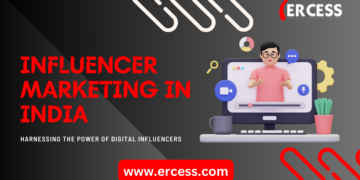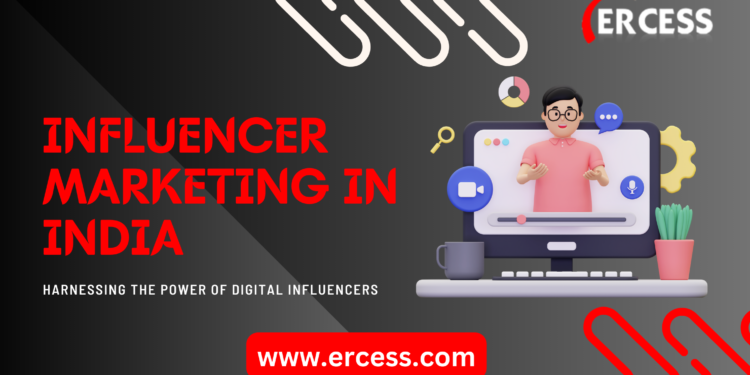Influencer marketing has emerged as a powerful strategy for brands to connect with their target audience and drive meaningful engagement in today’s digital age. India, with its rapidly growing digital landscape, has witnessed a surge in influencer marketing campaigns. This article will delve into the world of influencer marketing in India, exploring its impact, benefits, challenges, and best practices.
1. Influencer Marketing’s Rise in India
In recent years, influencer marketing in India has gained immense popularity. The country boasts a massive population of internet users, with social media platforms like Instagram, YouTube, and TikTok dominating the digital space. As a result, brands have recognized the potential of collaborating with influencers who possess a loyal and engaged following.
2. Why Influencer Marketing Works in India
One of the primary reasons influencer marketing has been successful in India is the trust and authenticity associated with influencers. Influencers have established a personal connection with their followers, who view them as relatable figures rather than distant celebrities. This relatability drives higher engagement and leads to increased brand awareness and conversions.
3. Benefits of Influencer Marketing
a. Expanded Reach: Collaborating with influencers allows brands to tap into their established and engaged follower base, reaching a wider audience that aligns with their target demographic.
b. Authenticity and Credibility: Influencers possess the ability to authentically endorse products or services, which resonates with their followers. This approach fosters trust and credibility, enhancing the brand’s reputation.
c. Enhanced Engagement: Influencers create compelling content that generates high levels of engagement, such as likes, comments, and shares. This engagement, in turn, amplifies brand visibility and encourages user participation.
4. Key Challenges in Influencer Marketing
While influencer marketing offers numerous benefits, it also comes with its fair share of challenges. These challenges include:
a. Identifying the Right Influencers: With the vast number of influencers available, brands need to carefully select those whose values, niche, and target audience align with their own.
b. Ensuring Authenticity: In an era where influencers are abundant, maintaining authenticity becomes crucial. Brands must collaborate with influencers who genuinely resonate with their offerings to avoid appearing inauthentic to their audience.
c. Measuring ROI: Measuring the return on investment (ROI) of influencer marketing campaigns can be challenging. Brands need to establish clear objectives and metrics to gauge the effectiveness of their collaborations accurately.
5. Best Practices for Influencer Marketing in India
a. Thorough Research and Due Diligence: Brands should conduct comprehensive research to identify influencers who align with their brand values and have a genuine and engaged following.
b. Building Long-Term Relationships: Long-term partnerships with influencers can yield better results. It allows the influencer to develop a deeper understanding of the brand, resulting in more authentic and impactful content.
c. Clear Communication and Guidelines: Effective communication between brands and influencers is essential. Clear guidelines regarding brand messaging, content creation, and disclosure policies should be established to maintain consistency and transparency.
6. The Future of Influencer Marketing in India
As the digital landscape continues to evolve, influencer marketing in India is poised for further growth. With the rise of new social media platforms and technologies, brands will have even more avenues to explore and connect with their target audience. However, to stay relevant, brands must adapt to changing consumer behavior and leverage the power of emerging trends.
Conclusion
Influencer marketing has evolved into an effective tool for brands seeking to connect with their target audience. In India, this strategy has gained substantial traction due to the trust, authenticity, and relatability associated with influencers. By embracing best practices, overcoming challenges, and adapting to the evolving digital landscape, brands can leverage influencer marketing to drive brand awareness, engagement, and conversions in the vibrant market of India.
























































